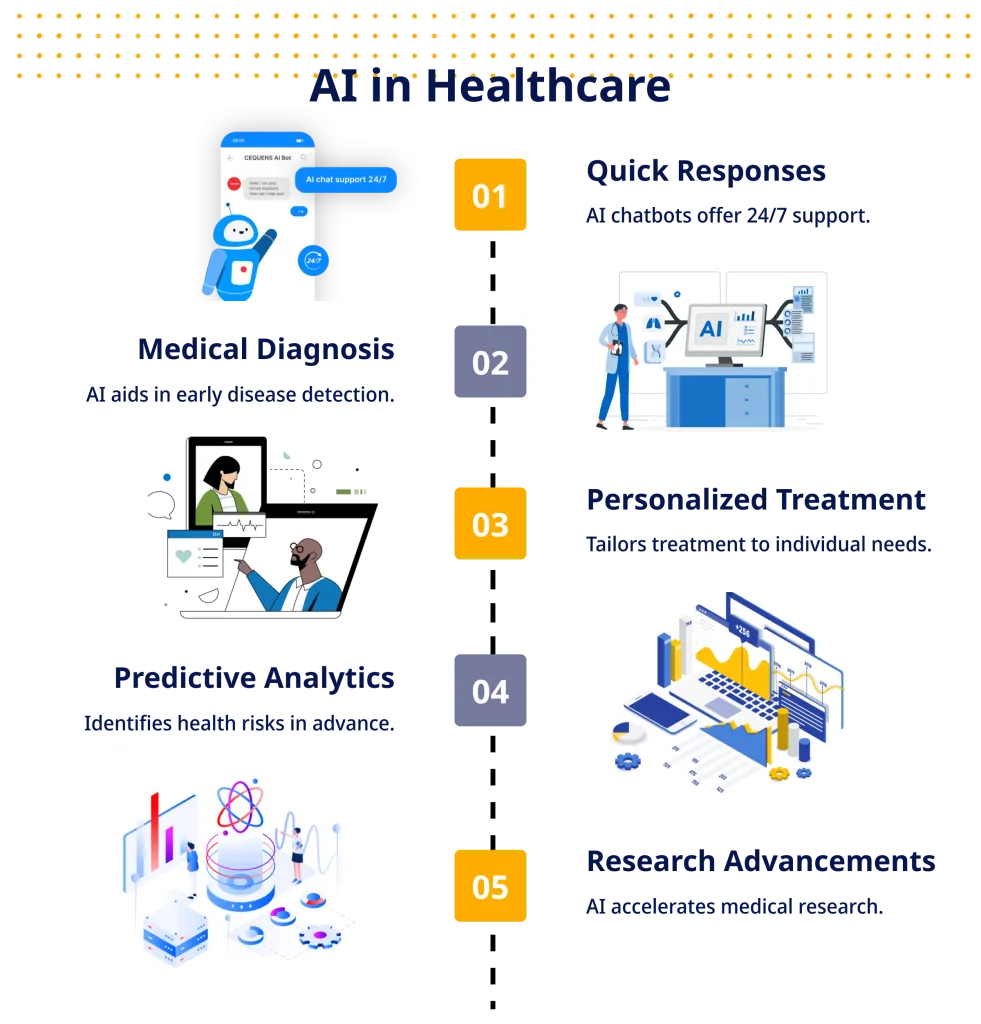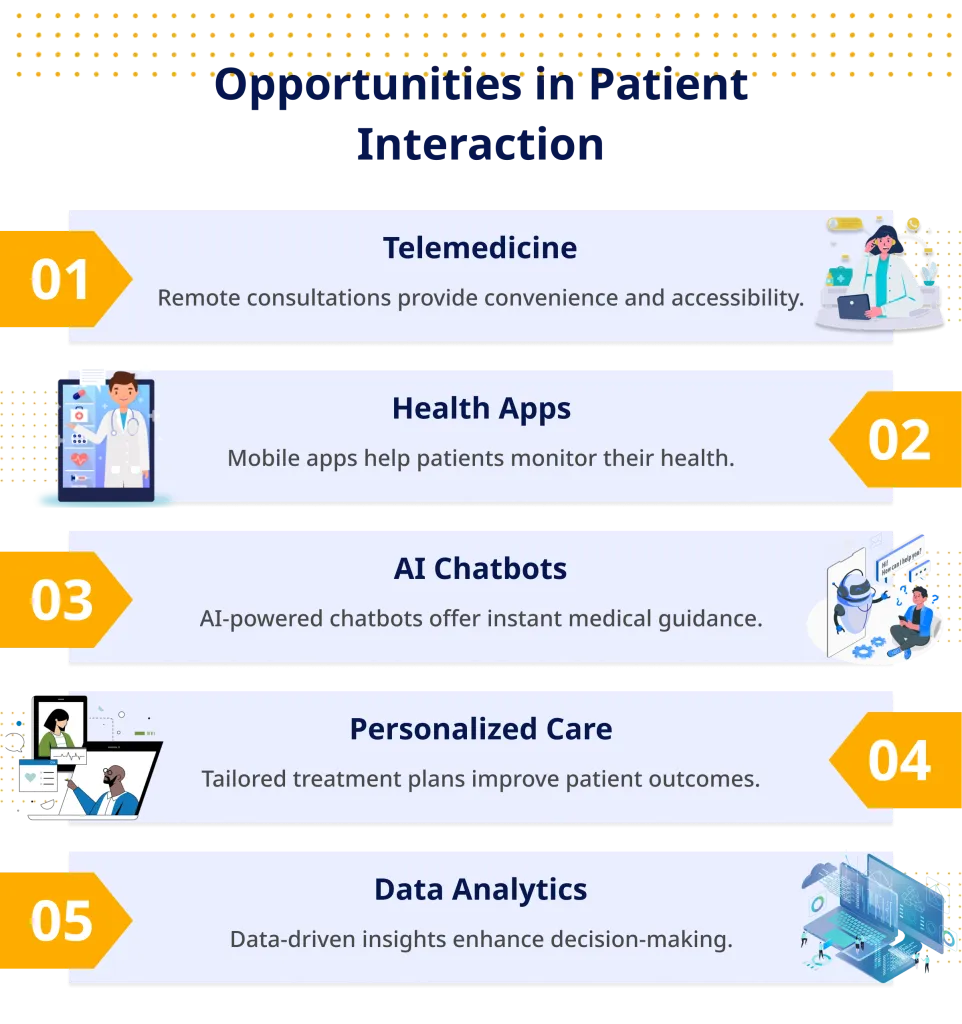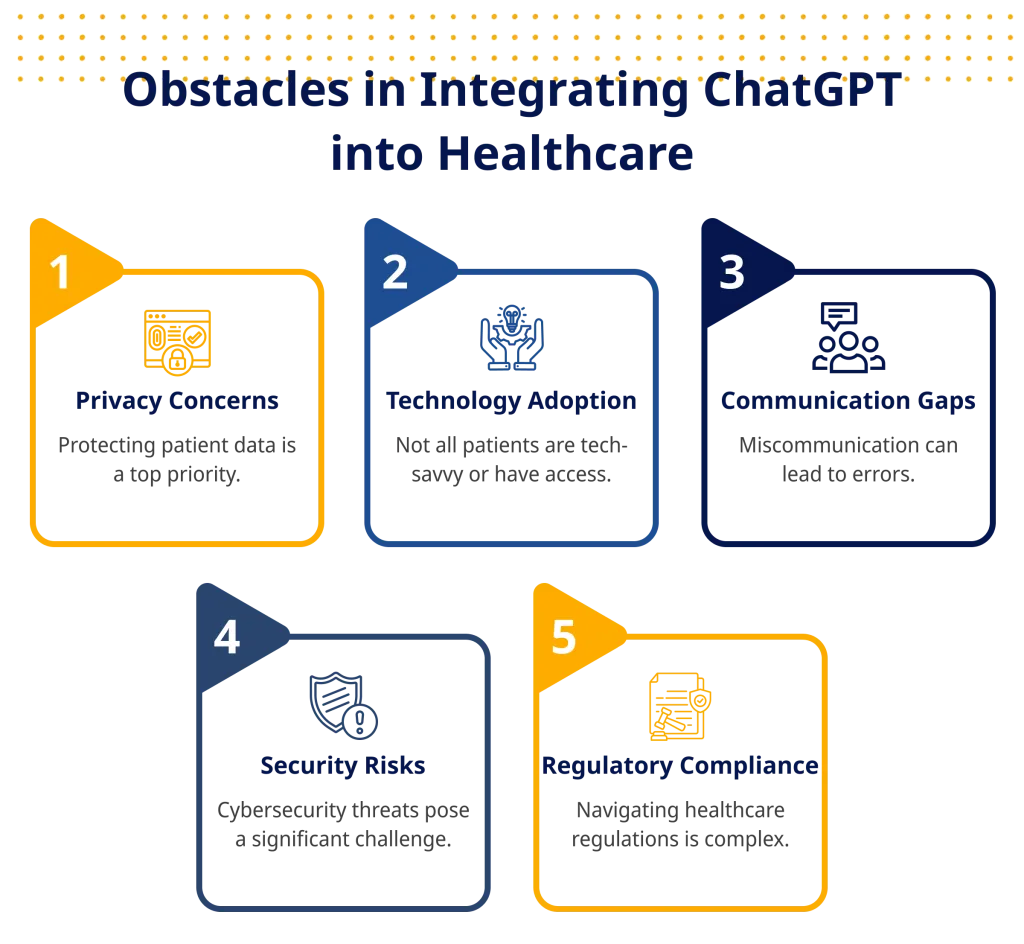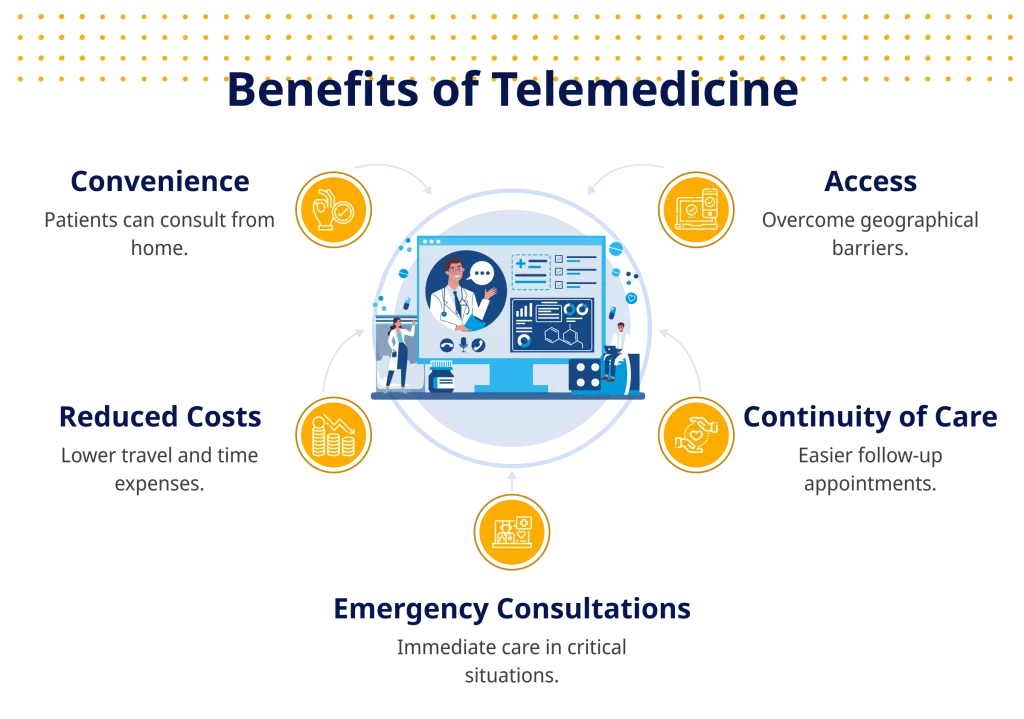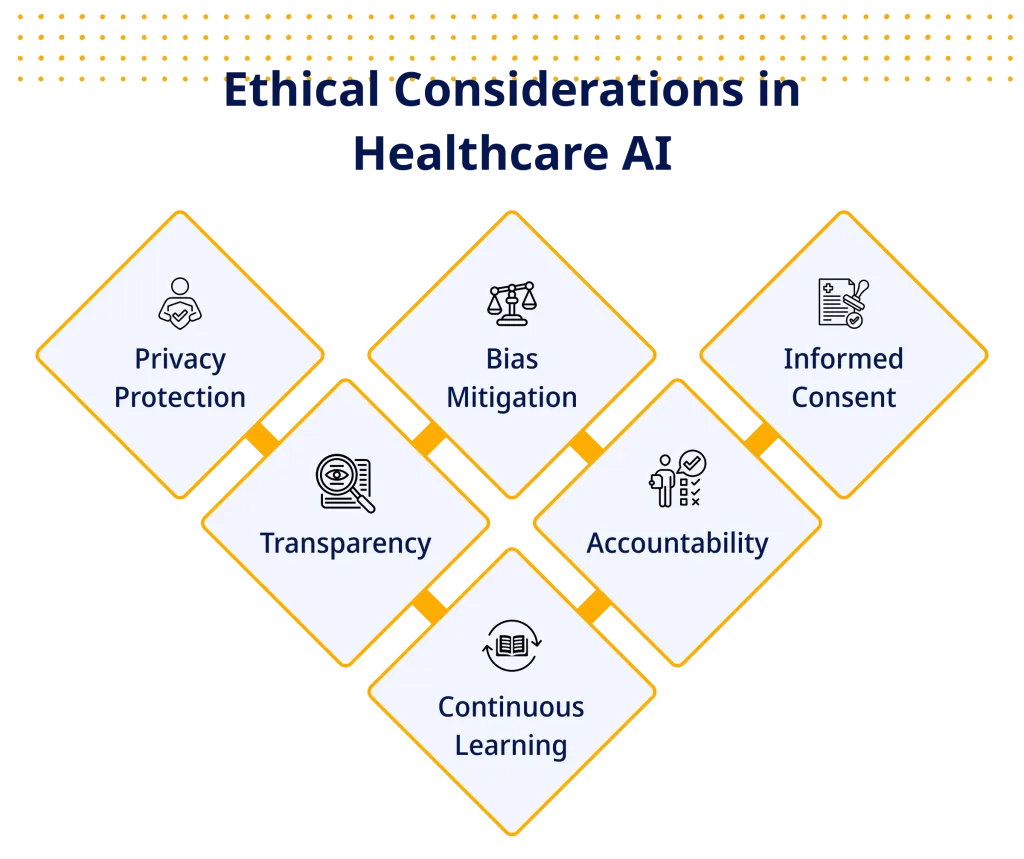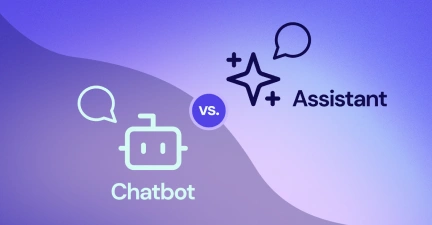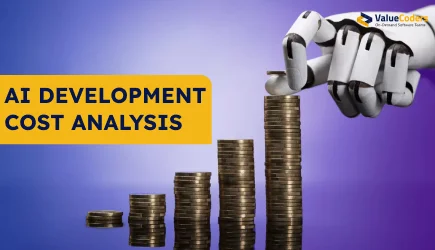In a recent survey, 86% of healthcare professionals wanted AI-driven tools like ChatGPT to assist patient interactions.
The demand is apparent, and the implications are profound.
The rise of AI in the healthcare sector has led to more significant changes, not only for patients but in doctors’ lives as well.
This post discusses the extraordinary possibilities of ChatGPT in healthcare from streamlining consultations to enhancing patient education. We will also look into the challenges such as the ethical labyrinth of AI in healthcare and the critical issue of data privacy.
The Rise of AI in Healthcare
In the healthcare industry, a profound transformation is underway, driven by the rapid adoption of AI technologies.
Healthcare ChatGPT, a significant player in this evolution, is reshaping how patients interact with the healthcare ecosystem.
Let’s explore why this phenomenon is so significant. Here are some of the key points:
- Enhanced Diagnostics: AI-powered tools like Healthcare ChatGPT can analyze vast medical data with incredible speed and accuracy. This means you can get quicker and more precise diagnoses, saving more lives.
- Streamlined Workflows: Healthcare professionals can benefit from AI assistance in administrative tasks, freeing up more time for patient care. ChatGPT can handle appointment scheduling, freeing staff for critical roles.
- Improved Patient Engagement: Patients can access information and support 24/7 through ChatGPT, promoting better engagement in their healthcare. All you need is expert ChatGPT development services that understand your business well.
- Cost Efficiency: Implementing AI in healthcare can reduce operational costs and enhance resource allocation. It can be done with the support of a customized ChatGPT application.
As AI becomes more integral to healthcare, ethical considerations, data security, and ensuring a human touch in patient interactions remain challenging.
The rise of AI, with Healthcare ChatGPT at its forefront, is poised to revolutionize healthcare by enhancing diagnostics, improving patient engagement, and optimizing workflows.
Also read: AI-Powered Future: Revolutionizing Businesses With Tools Like ChatGPT
What is ChatGPT?
ChatGPT, short for Generative Pre-trained Transformer, represents a groundbreaking artificial intelligence (AI development).
Basically, it’s a language model trained on vast amounts of text from the internet. But what sets it apart, especially in healthcare, is its ability to understand and generate human-like text, making it a conversational AI.
Here comes the most critical question: How can ChatGPT add value to the healthcare sector? And what difference would it make in the Healthcare sector?
Well, there is a reason why many businesses are considering ChatGPT integration services to strengthen their models.
Here is how ChatGPT can change the entire scenario of the healthcare industry:
- Natural Language Understanding: Healthcare ChatGPT possesses an exceptional knack for understanding human language, making it adept at interpreting patient queries and concerns.
- Conversational Skills: It can engage in dynamic and contextually relevant conversations, offering responses that feel more human, making it an ideal partner in healthcare interactions.
- Learning from Data: Healthcare ChatGPT learns from the data. It is trained to making adapt and provide valuable information based on current medical knowledge.
- 24/7 Availability: This AI assistant is available around the clock, ensuring patients and healthcare professionals can access information and support whenever needed.
ChatGPT bridges the gap between technology and human care, revolutionizing how healthcare information is accessed and shared.
Our recent blog on AI App-Titude: How To Find Your App’s Perfect AI Model discusses how businesses can find the right AI model. For in-depth details
Opportunities for ChatGPT in Healthcare
ChatGPT receives more than 10 Million queries every day. Healthcare ChatGPT brings a wealth of opportunities to the healthcare landscape, transforming the patient-provider interaction in remarkable ways.
By leveraging ChatGPT integration services, the healthcare industry can unlock its full potential by offering upgraded services to a maximum number of patients.
Here’s a closer look at the promising prospects it offers:
- Enhanced Patient Education: ChatGPT can deliver easy-to-understand medical information, empowering patients to make informed decisions about their health. It can offer personalized guidance on treatment plans, medication, and lifestyle changes.
- Efficient Triage and Support: ChatGPT can assist with initial patient triage, gathering essential information, and prioritizing cases in busy healthcare settings. It provides a consistent source of support and information, reducing the workload on healthcare staff.
- Telemedicine Expansion: ChatGPT can be a cornerstone in expanding telemedicine services, facilitating remote consultations, and ensuring consistent, high-quality care delivery.
- Reduced Healthcare Costs: AI technologies could save the healthcare system between $200 billion to $360 billion. Automating routine tasks and providing quick answers can lower operational costs, contributing to more cost-effective healthcare services.
- Data Insights: ChatGPT can analyze large volumes of patient data to identify trends, assisting healthcare providers in making data-driven decisions for better patient care.
Healthcare ChatGPT offers the potential to revolutionize patient-provider interactions by providing accessible, reliable, and personalized support.
It enhances patient education and optimizes healthcare workflows, making it a valuable addition to the healthcare ecosystem.
Enhance your healthcare services with ChatGPT through AI integration.
Challenges in Implementing ChatGPT in Healthcare
While Healthcare ChatGPT holds immense promise, its integration into healthcare systems is challenging.
Let’s look at the challenges that healthcare providers and organizations may face:
- Data Security Concerns: Healthcare ChatGPT interacts with sensitive patient data. Ensuring robust data security measures to protect patient privacy is paramount.
- Ethical Dilemmas: Balancing AI like Healthcare ChatGPT with ethical considerations, especially in life-altering medical decisions, poses a complex challenge.
- Accuracy and Reliability: Ensuring that ChatGPT provides accurate and reliable medical information is crucial. Mistakes or incorrect advice can have serious consequences.
- Training and Maintenance: Healthcare ChatGPT requires continuous training and updates to stay relevant and up-to-date with the latest medical knowledge, which demands ongoing resources.
- User Acceptance: Healthcare professionals and patients need to trust and embrace ChatGPT as a reliable tool, which may require time and effort for acceptance.
- Legal and Regulatory Compliance: Adhering to healthcare regulations like HIPAA in the United States is vital. Healthcare ChatGPT must comply with these regulations to protect patient data.
- Loss of Human Touch: The risk of over-reliance on AI for patient interactions may lead to a perceived loss of the human touch in healthcare, affecting patient satisfaction.
Navigating these challenges effectively is essential for successfully integrating Healthcare ChatGPT into the healthcare ecosystem.
While the benefits are substantial, careful consideration and strategic planning are necessary to overcome these obstacles and ensure safe and effective use.
Also read: ChatGPT: Top 10 Use Cases In Software Development
Real-world Use Cases of Healthcare ChatGPT
The potential of Healthcare ChatGPT to transform healthcare interactions is not theoretical—it’s already making a substantial impact in real-world scenarios.
Let’s explore some compelling use cases where ChatGPT is demonstrating its value:
1. Medical Hotlines and Support Centers: Healthcare ChatGPT is a reliable resource for medical hotlines and support centers, providing immediate assistance to patients’ queries and concerns.
- Real-World Example: Ada Health
The AI-powered chatbot from Ada Health assists users in evaluating their symptoms and offers individualised health advice.
2. Telemedicine Consultations: In telemedicine, ChatGPT aids healthcare providers by gathering patient history, symptoms, and concerns before the virtual consultation, streamlining the process for both patients and doctors.
- Real-World Example: Teladoc Health
Teladoc Health offers telemedicine services, connecting patients with licensed doctors for consultations, providing treatments like primary care, mental health assistance, and dermatology from the comfort of the patient’s home.
3. Patient Education and Empowerment: ChatGPT is used to educate patients about their conditions, treatment options, and medication, enhancing their understanding and empowering them to take an active role in their healthcare.
- Real-World Example: Mayo Clinic
A chatbot on Mayo Clinic’s website helps customers identify the most appropriate resources among the plethora of health information available on their website.
4. Medication Management: It assists patients in managing their medications, reminding them of dosages and potential side effects, and contributing to better adherence to treatment plans.
- Real-World Example: PillPack by Amazon Pharmacy
PillPack provides healthcare providers with remote patient monitoring options that collect and analyse patient data using AI.
5. Administrative Tasks Automation: Healthcare organizations leverage ChatGPT to automate administrative tasks like appointment scheduling and insurance inquiries, reducing administrative workload and improving efficiency.
- Real-World Example: Olive
Olive is a platform for automated healthcare powered by AI that focuses on easing administrative and operational tasks. It aids healthcare organisations in automating operations including prior authorization, revenue cycle management, and claims processing, freeing up employees to concentrate on patient care while lowering administrative expenses and errors.
6. Multilingual Support: Healthcare ChatGPT breaks language barriers by providing multilingual support, ensuring patients from diverse backgrounds can access vital healthcare information
- Real-world Example: CureMetrix
CureMetrix uses AI to enhance mammography interpretation, which helps healthcare providers better serve different populations. This work is not primarily focused on translation.
7. Decision Support for Physicians: Physicians benefit from ChatGPT’s ability to provide clinical decision support by offering relevant research findings and guidelines during the diagnosis and treatment planning process.
- Real-world Example: IBM Watson Health
IBM Watson Health’s Watson for Oncology offers decision support tools for healthcare practitioners, enabling personalized therapy alternatives for cancer patients by analyzing patient records and medical literature.
These real-world applications of Healthcare ChatGPT demonstrate its versatility and capacity to enhance patient care, streamline processes, and improve the overall healthcare experience for patients and healthcare professionals.
Elevate and improve consultation services by integrating AI for client support.
The Future of ChatGPT in Healthcare
ChatGPT promises to revolutionize healthcare. In the coming time, it will become smarter, more accessible, and patient-centric.
Now, let’s look at this exciting future, supported by some eye-opening statistics and insights.
- Advanced Diagnostics and Treatment Planning
ChatGPT’s evolution will enable it to analyze vast patient datasets, aiding healthcare professionals in making exact diagnoses and treatment plans.
Healthcare ChatGPT is expected to assist in diagnosing and planning treatments for intricate medical conditions with an accuracy rate exceeding 95% by 2025.
- AI-Powered Virtual Health Assistants
An estimated 64% of patients prefer using AI-driven virtual assistants, like Healthcare ChatGPT, for routine healthcare interactions.
ChatGPT will evolve into a trusted virtual health assistant, offering personalized advice, medication reminders, and real-time health monitoring, all from the convenience of a smartphone.
Also read: The Future Of Healthcare Software Development
- Seamless Integration into Electronic Health Records (EHRs)
By 2030, 90% of healthcare providers are expected to seamlessly integrate AI, including ChatGPT, into their EHR systems.
ChatGPT will become an integral part of healthcare workflows, swiftly extracting and updating patient data, thereby enhancing the accuracy and efficiency of EHRs.
- Healthcare on a Global Scale
The worldwide adoption of Healthcare ChatGPT is expected to reach 90% in developed countries and 70% in developing regions by 2035.
Its availability in multiple languages and cultures will democratize healthcare access, bridging gaps in medical expertise and providing healthcare services to underserved populations.
Enhance client interactions and optimize your ChatGPT services.
- Ethical and Regulatory Maturity
By 2030, 80% of healthcare organizations will have established comprehensive ethical guidelines and regulatory frameworks for the use of AI, including ChatGPT.
The industry will prioritize ethical considerations, ensuring AI’s responsible and secure use in healthcare.
The future of Healthcare ChatGPT promises a healthcare ecosystem where diagnoses are more accurate, healthcare is more accessible, and patients are more engaged in their well-being.
Also read: How AI Is Changing Software Testing Forever?
Ethical Considerations in Healthcare ChatGPT
As Healthcare ChatGPT becomes more integrated into healthcare settings, ethical considerations emerge.
These considerations are essential to ensure this technology’s responsible and beneficial use. Let’s delve into the ethical dimensions:
- Patient Privacy and Data Security: Healthcare ChatGPT interacts with sensitive patient data, requiring robust safeguards to protect patient privacy and adhere to regulations like HIPAA.
- Informed Consent: Patients should be informed when interacting with Healthcare ChatGPT, understanding that they are conversing with AI, not humans.
- Accountability: It’s vital to establish accountability for ChatGPT’s responses and actions, whether made by the AI or healthcare professionals overseeing it.
- Bias and Fairness: Efforts should be made to eliminate biases in ChatGPT’s responses, ensuring equitable healthcare information and advice.
- Continuous Training and Updates: Healthcare ChatGPT should undergo regular training and updates to reflect the latest medical knowledge, minimizing the risk of providing outdated information.
Incorporating these ethical considerations into the development and implementation of Healthcare ChatGPT is essential to build trust, ensure patient safety, and responsibly navigate the complex terrain of AI in healthcare. Striking the right balance between technological advancement and ethical principles will be vital in realizing the full potential of this transformative technology.
Enhance customer experiences, automate tasks, and increase revenue.
Parting Thoughts
Healthcare ChatGPT emerges as a potent force linking technology and empathy in the dynamic world of healthcare.
As discussed in this blog post, one thing is clear: ChatGPT holds immense promise in the healthcare domain.
The potential applications are compelling, from providing instant, precise information to streamlining administrative tasks and empowering patients.
Yet, this transformation comes with its share of challenges. Ethical concerns, data security, and responsible use must be at the forefront.
Nevertheless, the statistics and real-world examples leave no doubt about the road ahead—a future where diagnoses become sharper, patient care more accessible, and healthcare professionals gain a trusted AI ally.
As we step into this future, it’s vital to tread carefully, embracing the benefits of technology while upholding our commitment to patient well-being.


